The name of the University of Macau (UM) appears five times in the Master Plan of the Development of the Guangdong-Macao Intensive Cooperation Zone in Hengqin. Hailed as a great gift from the central government, the document creates new opportunities for the university and all UM members. In this issue, we interview several UM members to understand their thoughts about the Master Plan.
Helping the University Reach New Heights
In 2009, the central government announced its decision to develop Hengqin Island and approved the construction of a new UM campus on the island, bringing an unprecedented opportunity for the university. In September 2021, the Master Plan was released, creating favourable conditions for the diversification of Macao’s economy. The university’s name appears five times in the document, as in ‘creating a high-quality industry-academia collaboration base for higher education institutions including UM’, ‘accelerating the construction of a dedicated passage connecting UM’s Hengqin campus and Hengqin Port’, ‘exploring the feasibility of establishing an intelligent check point between UM’s Hengqin campus and the cooperation zone’, and ‘facilitating UM members’ access to the cooperation zone’. These new measures will not only help the university reach new heights, but will also bring new opportunities for UM members.
UM Rector Yonghua Song is very pleased with the Master Plan, saying that it is not only a significant initiative to promote the development of the Greater Bay Area; it is also a great gift from the central government to support the sustainable prosperity and development of Macao, which will help Macao better integrate into the national development strategy. ‘We will seize the opportunity to work more extensively and closely with Hengqin in terms of talent development, innovative research, and other areas, in order to create more results in industry-academia collaboration and to realise a quantum leap of the university,’ says Rector Song.
Promoting Industry-Academia Collaboration
In order to promote the economic diversification of Macao, the Master Plan identifies some emerging industries to be given priority, which include integrated circuits, electronic components, new materials, new energy, big data, artificial intelligence, the internet of things, and biomedical sciences. It also highlights the need to create a microelectronic industrial chain for chip design and testing, and to promote the development of Macao’s signature industries such as the Chinese medicine industry. These industries overlap with several key UM research fields, whose research results in these areas are being commercialised in Hengqin. Prof Xu Chengzhong, dean of the Faculty of Science and Technology, says that the R&D and high-end manufacturing industry is placed at the top of the four new industries in the Master Plan, which will create favourable conditions for UM to accelerate its R&D projects and their applications, a notable example of which is the autonomous vehicle project conducted by the university’s State Key Laboratory of Internet of Things for Smart City.
The Chinese medicine industry is key to realising economic diversification in Macao. Prof Wang Yitao, director of the State Key Laboratory of Quality Research in Chinese Medicine, says the Master Plan provides a blueprint for the development of the Chinese medicine industry in the cooperation zone. ‘The Master Plan sets out a clear direction for the development of the Chinese medicine industry in Macao and the deep integration of industry-academia collaboration in the field between Guangdong and Macao,’ says Prof Wang. ‘Our state key lab and the research institute for Chinese medicine will follow the Master Plan and start with research, development, and manufacturing in Chinese medicine. We will enhance industry-academia collaboration and create a platform for innovative drug research, development, and transformation with independent intellectual property rights and Chinese characteristics.’
Attracting Top-notch International Talent
UM is now at the forefront of chip design in the world. Prof Elvis Mak Pui In, deputy director of the State Key Laboratory of Analog and Mixed-Signal VLSI and the Institute of Microelectronics, says the construction of the cooperation zone will create more space for UM to conduct cutting-edge research in microelectronic chips, and will make it easier for UM researchers to liaise and work with organisations, universities, and chip companies in mainland China.
The Master Plan outlines policies designed to attract talented people from around the world to the cooperation zone, especially top-notch talent in great demand. It also mentions the creation of a comfortable working and living environment that is similar to that in Macao. Commenting on these policies, Prof Mak says they will attract and retain the best people, which will in turn help to foster a chip design and manufacturing industry in the Greater Bay Area.
Career Opportunities for UM Alumni and Students
Danny Chau, an alumnus of the Faculty of Business Administration, says the Master Plan is another perfect example that shows how much the central government cares about Macao and its residents, and it also reflects the central government’s vision of an integrated future for Macao and Hengqin. Chau believes the implementation of the document will create a bigger stage for young people in Macao, including UM members, to achieve their full potential. ‘I work in Sino-Portuguese commerce. I think the document will make it more convenient for me to import products from Macao and Portuguese-speaking countries through Hengqin,’ he says.
Dennis Iao, a postgraduate student in the Department of Electrical and Computer Engineering, says the Master Plan mentions fostering diverse industries and launching various employment policies in the cooperation zone. He hopes this will create more job opportunities in the science and technology industry in the cooperation zone for UM graduates. ‘In recent years, UM has been actively training local talent and promoting the innovation and industrialisation of science and technology,’ he says. ‘Our generation is very fortunate to be living in the best time in Macao’s history in terms of economic development and the quality of life. As a UM member, I must prepare myself and contribute to the development of the cooperation zone to make it better and stronger. This is a historic mission placed on our shoulders!’
Mark Lam, a second-year student in the Department of Finance and Business Economics and a member of the Moon Chun Memorial College, believes the Master Plan will create a large number of new jobs for Macao, which means that UM graduates will have more employment options. ‘The financial services industry in Hengqin has enormous potential, and I hope I can find a job there after graduation,’ says Lam. ‘The central government will invest generously in Hengqin to attract talented people, which means there will be a lot of opportunities for me and other UM students.’
Connie Ren, a fourth-year student in the Department of English and a member of the Henry Fok Pearl Jubilee College, says that she, her college friends, and her family all feel very excited about the Master Plan. ‘This makes me and my friends feel more confident about studying at UM, because we believe the Macao SAR government, the Greater Bay Area, and the central government will provide great support to us,’ she says. ‘My family are also very happy, saying that they made a very wise choice three years ago to support my decision to apply to UM.’
Wang Jintao, a fourth-year student in the Department of Computer and Information Science, feels elated at the news about the cooperation zone. ‘I feel so lucky that the Master Plan was announced right before my graduation, which gives me and other UM students an opportunity to find a job in the cooperation zone,’ says Wang. ‘I believe that the new policies will lead to an increased influx of people into the zone, especially fresh college graduates.’
Text / Ella Cheong, Davis Ip
Photo / Editorial Board, with some provided by the interviewees
Source: My UM ISSUE 106
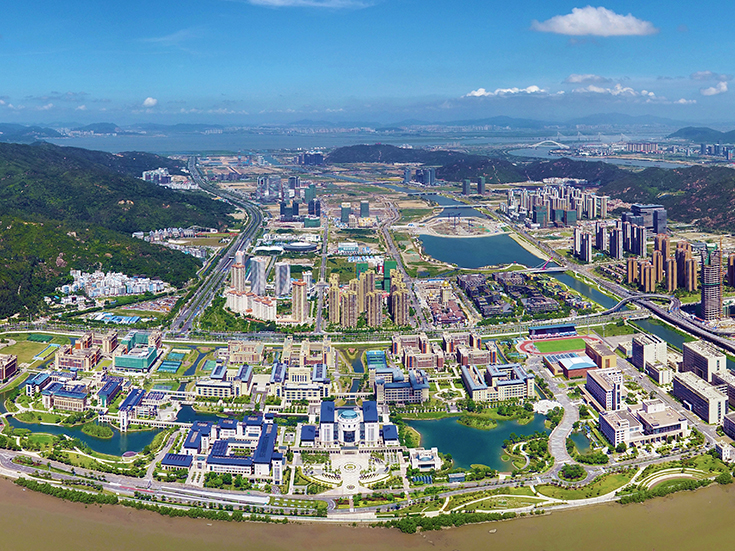
The UM campus on Hengqin Island
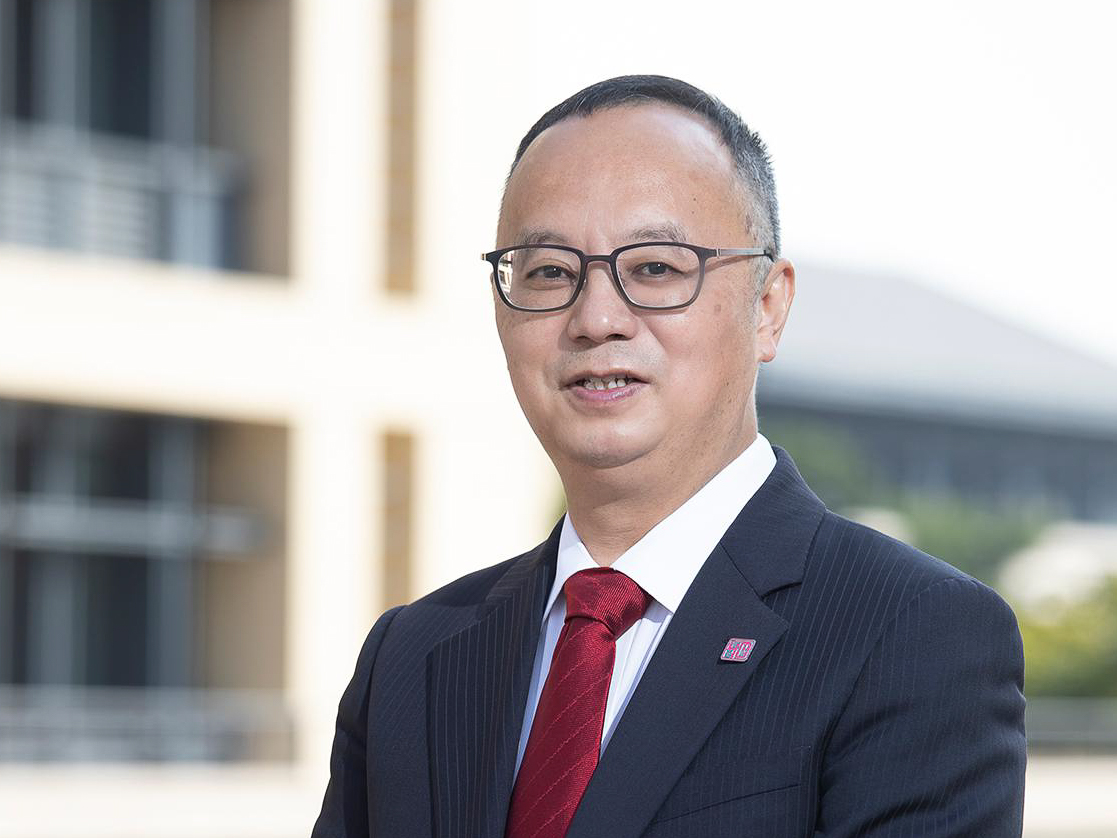
Rector Yonghua Song
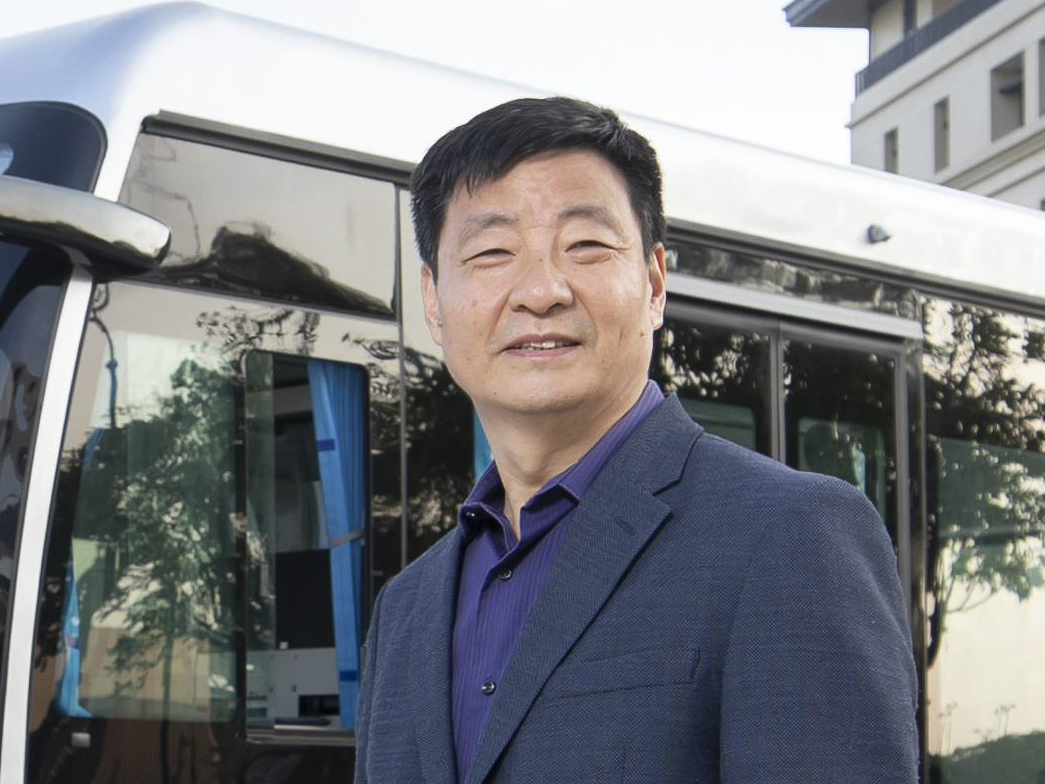
Prof Xu Chengzhong
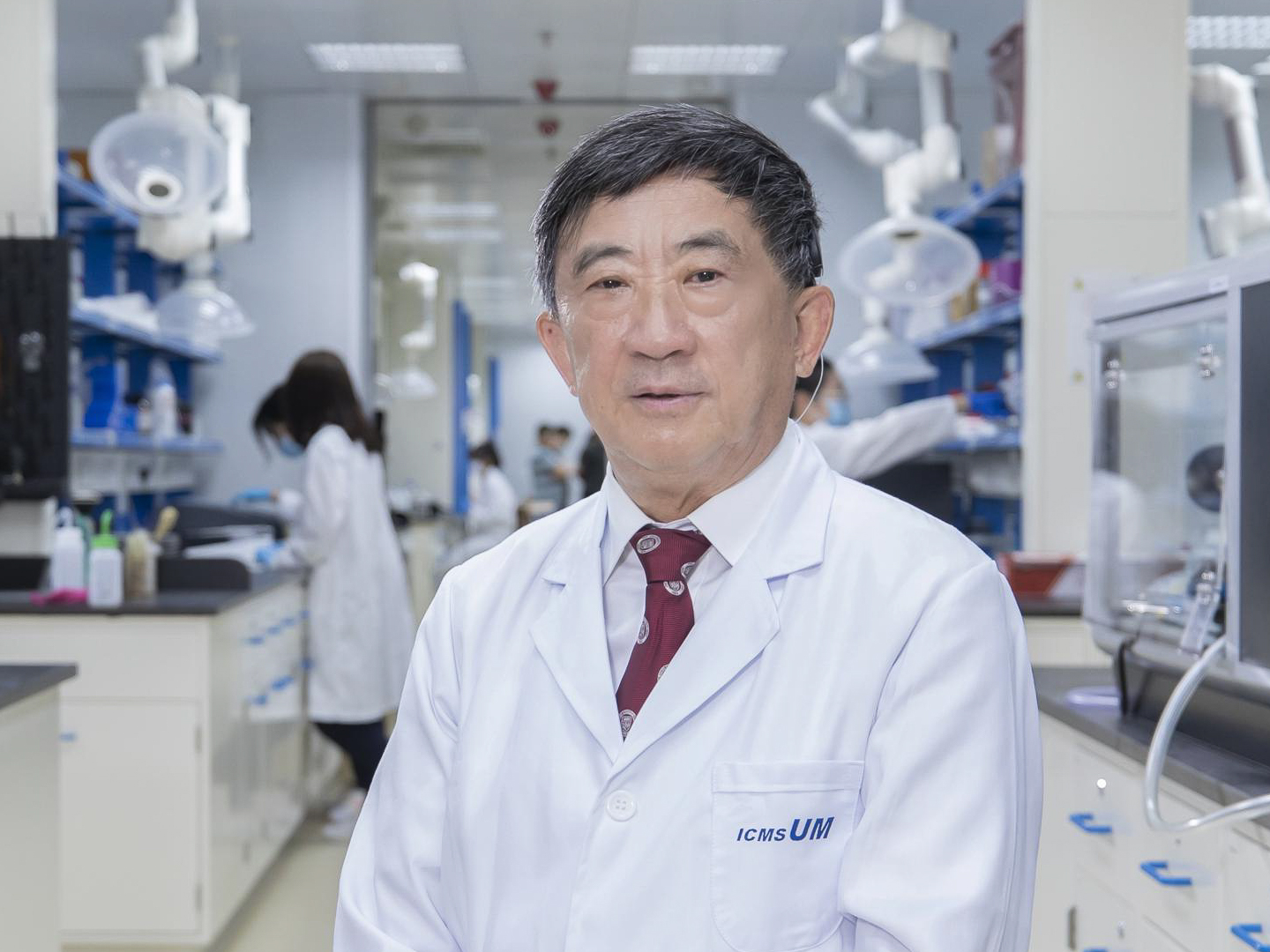
Prof Wang Yitao
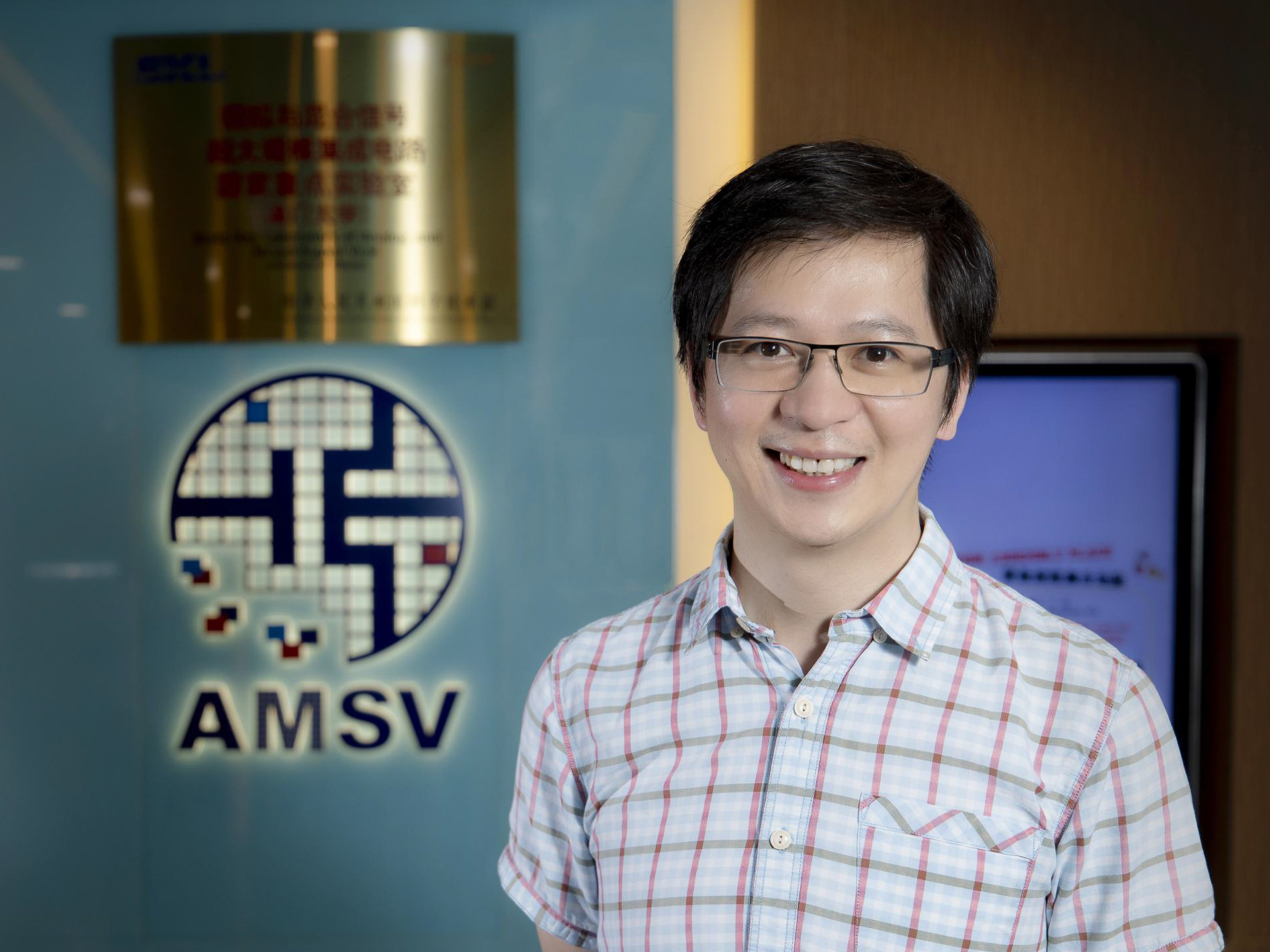
Prof Elvis Mak
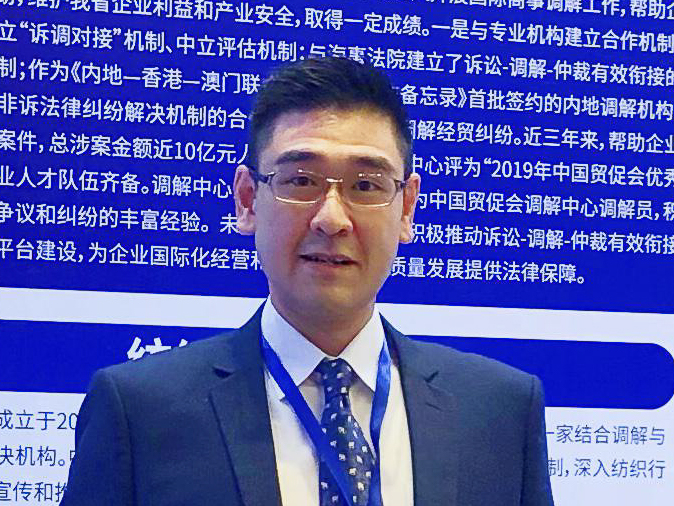
Danny Chau
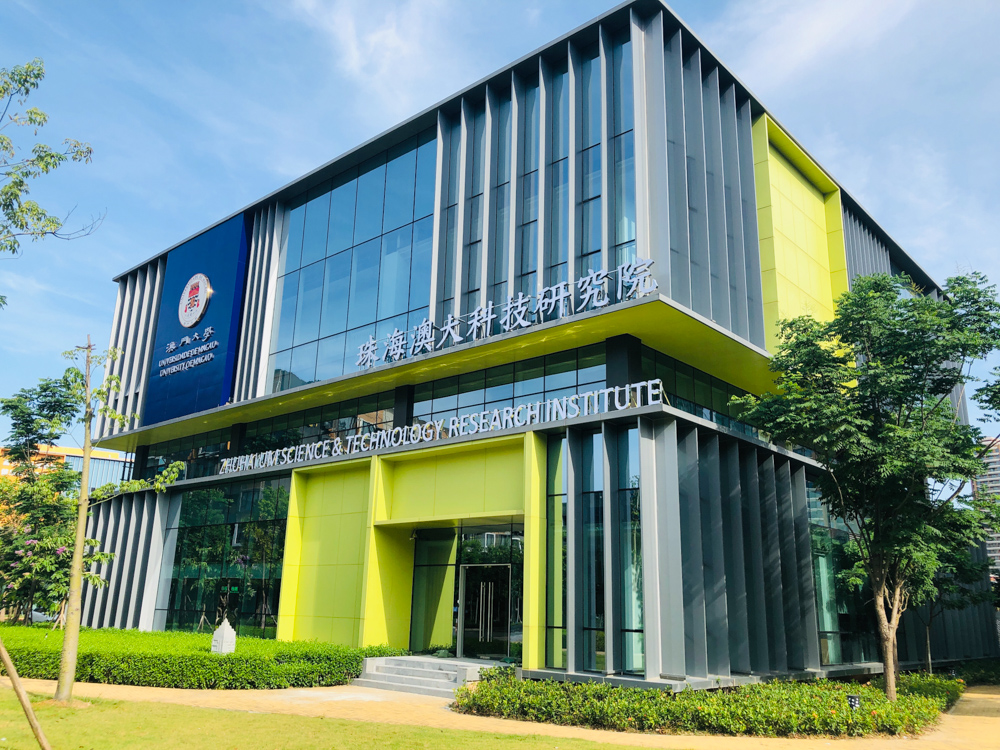
Zhuhai UM Science & Technology Research Institute is the first institute established by UM in the Guangdong-Hong Kong-Macao Greater Bay Area to promote industry-academia collaborat
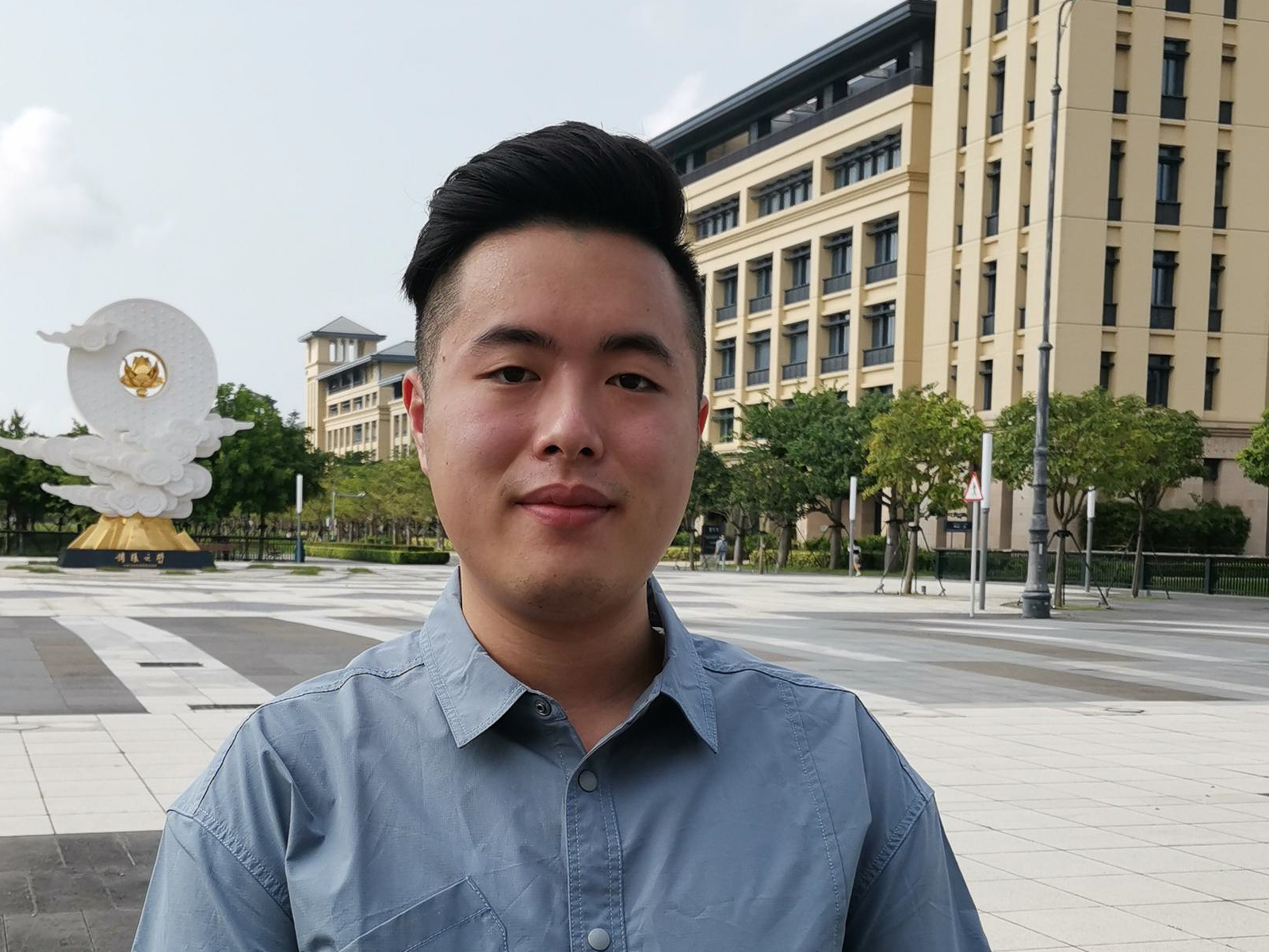
Dennis Iao
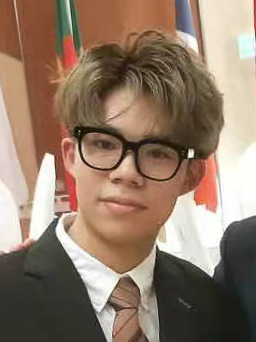
Mark Lam
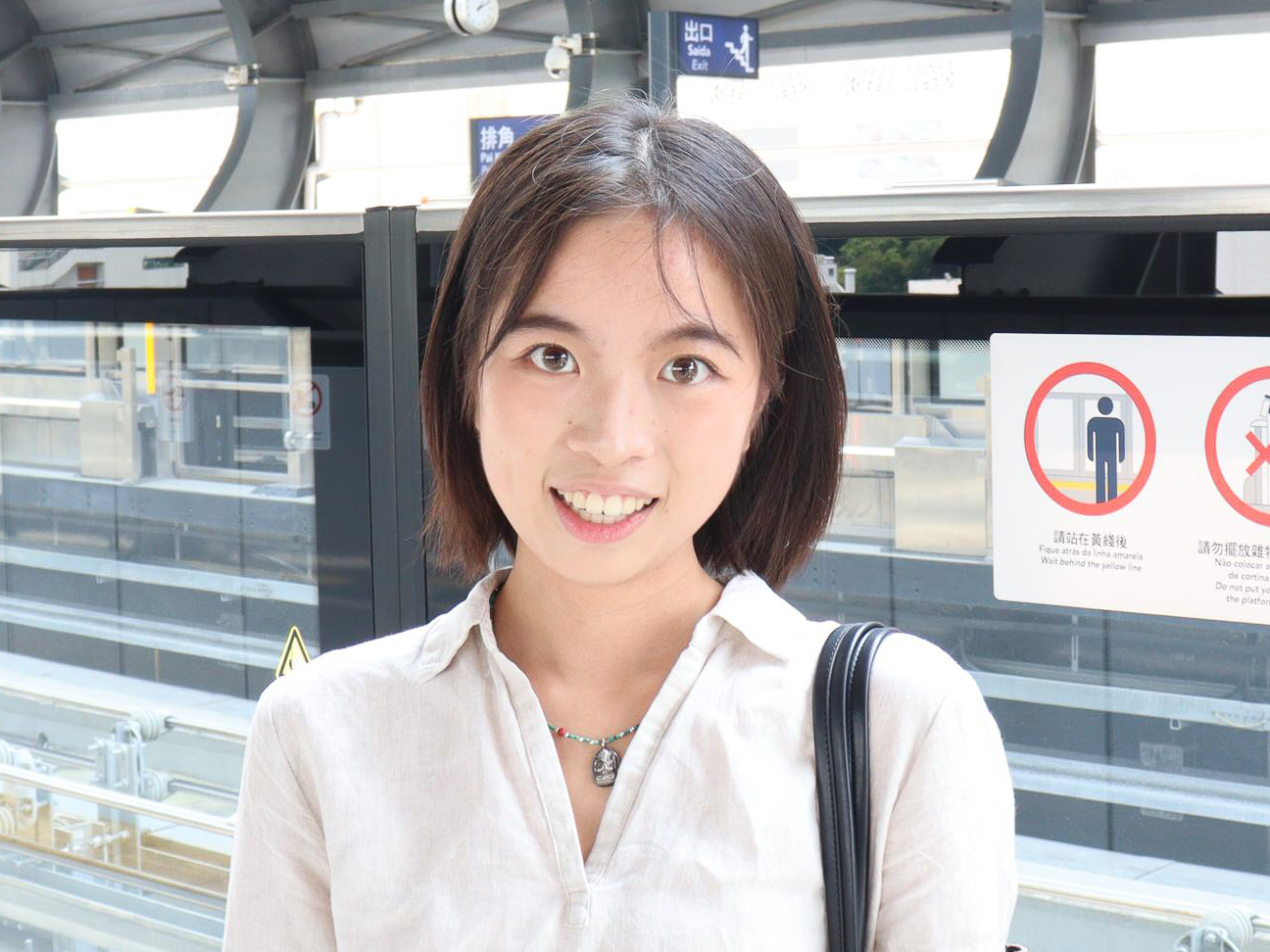
Connie Ren
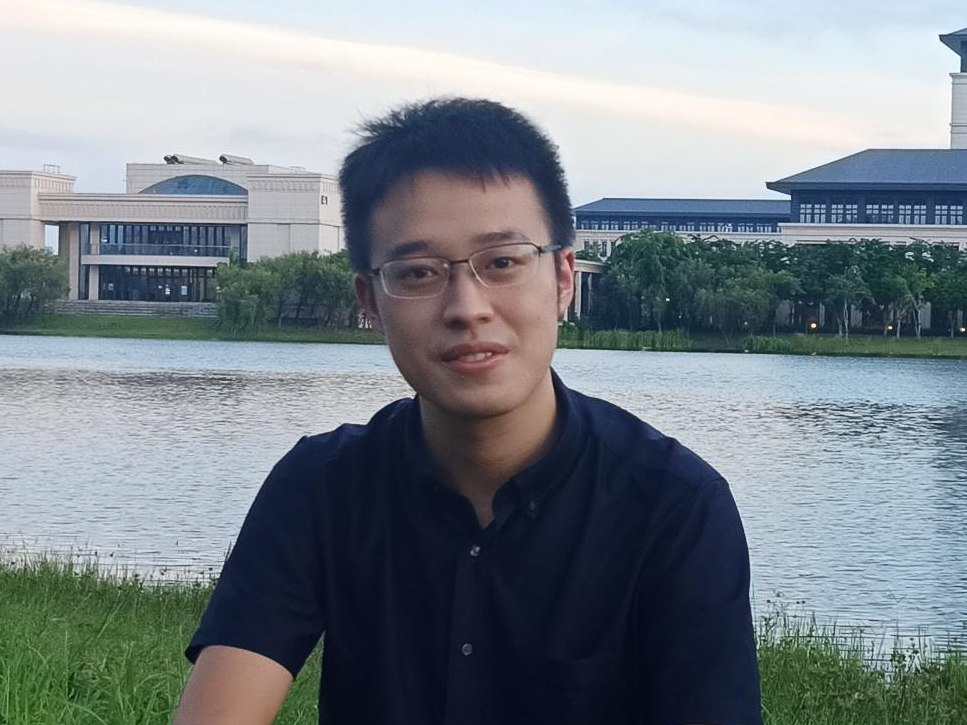
Wang Jintao
